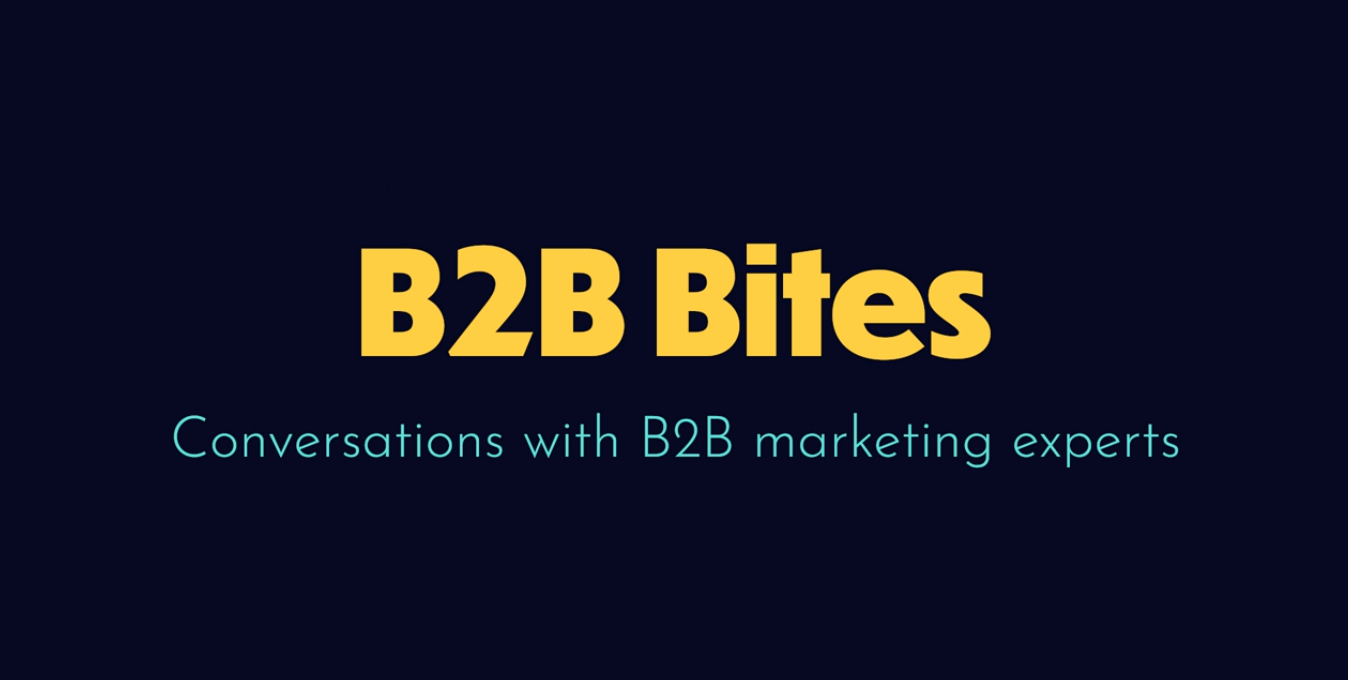Ferrari has recently been announced as the most valuable motor brand in the world for the third year in a row by Brand Finance. This is pretty big news since the brands Ferrari was up against are global, household names.
And it got me thinking about what B2B marketers could learn from this Italian luxury sports car that even the non-petrolheads among us covet.
Building a brand makes sales so much easier
Of course, we’re all in business to make sales. This statement is not intended to take anything away from businesses that are operating with a real purpose (and purpose is increasingly becoming a key differentiator commercially), but it’s not a cynical exaggeration to say that without sales, none of us are in business in the first place.
Brand Finance calculated the brand value of Ferrari using a scorecard of metrics that include marketing investment, stakeholder equity and business performance. It’s fair to say that business performance includes taking a look at the numbers for revenue and profit for the business.
One of Brand Finance’s key findings was that “brand strength is a crucial driver of brand value”. Ferrari provides a masterclass in this, since “as Ferrari’s brand strength maintained its rating, its brand value grew, improving 9% to US $9.1 billion.”
No doubt Ferrari works off of targets just like we all do. But while many of us are building, monitoring and optimising lead generation campaigns, Ferrari shows us that we could be missing a trick.
Investing in brand building campaigns with equal fervour could make lead acquisition, and ultimately sales, much easier for all of us.
Know who your audience is
"Sell when you can; you are not for all markets”, said Shakespeare hundreds of years ago. I can’t even begin to hazard a guess of what the Great Bard knew about persona research, but he’s on the money here.
And Ferrari knows it too.
After my previous point about sales, it’s interesting to note that, on average, Ferrari sells 8,400 cars per year. By contrast, Toyota sells 9.6 million cars per year.
There’s a marked difference between those two figures, but these two brands are selling to two entirely different markets.
Furthermore, Ferrari is keenly aware of its brand positioning as the “embodiment of luxury” and works diligently to maintain it.
Exclusivity is a big part of the desire consumers feel for a Ferrari sports car. But Ferrari’s management understands that in order to keep the world in touch with these feelings for their brand, they need to carefully manage their positioning.
Many Ferrari aficionados and fans may never own one of their purring sports cars, but they’ll purchase a watch, keyring or bag emblazoned with the Ferrari symbol. Perhaps you know someone, like I do, who has visited the Museo Ferrari as one of their bucket list wishes.
Ferrari represents something deep to them and they’re huge advocates of the brand. They’re welcome in the Ferrari community, but at the same time, Ferrari carefully manages its licensing agreements to ensure that the exclusivity and luxury feel of the brand are never diluted.
Create emotion
When it comes to Ferrari, it’s easy to identify the naked desire many people feel for the car brand.
I regularly peruse the Ogilvy blog, and a post in 2018 by David Fowler caught my eye. In the post he says, “Brands are an essential reference point for our world. They’re not just beer and cars. They’re the markers we use to make sense of life.”
Exactly! No one who aspires to drive a Ferrari, or has the means to actually buy one, is thinking purely of getting from A to B. The desire for a Ferrari is driven (pun intended :)) by way more than a functional need.
As B2B marketers, we’re not working with sports cars. And it’s no secret that the lust people feel for aspirational, sexy, fast cars does not translate into their feelings for software or other business products or services.
But forego creating an emotional connection with your ideal customers and you may as well be marketing your business with one of your arms tied behind your back.
Emotion is not a fluffy, nice-to-have-but-not-essential marketing element to have in your business. Rather, it’s a non-negotiable essential for commercial success.
In this study, 3,000 B2B buyers were surveyed across various industries. Among other findings, one of the most surprising, was that B2B buyers are more emotionally invested in the brands that they purchase than their B2C counterparts.
On average, the emotional connection between a B2C brand and its customer falls between 10% to 40%. On the other hand, seven of the nine B2B brands in the survey could show emotional connections that measured at 50% or higher with their customers
Make your B2B brand famous
As B2B marketers ourselves, we understand that on first glance Hollywood may have little to offer our serious brands.
However, we’d be wrong. We need to start thinking along the lines of what we can do to make our brands famous. As we shared in this blog, there are no downsides to brand fame.
Maybe then we can become the B2B equivalents of Ferrari, and enjoy similar success. After all, who among us wouldn’t love customers beating a path to our own doors?









